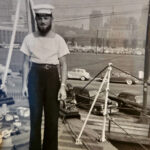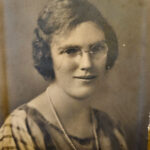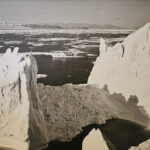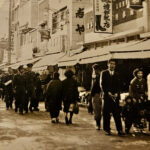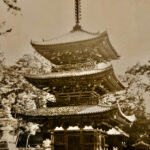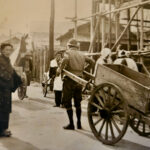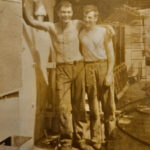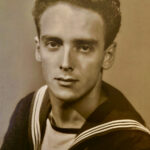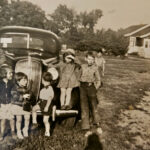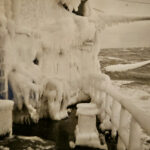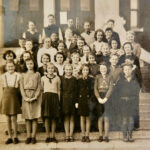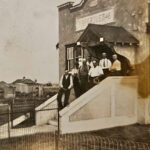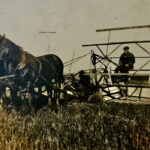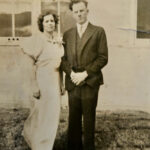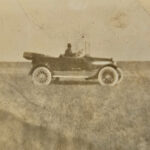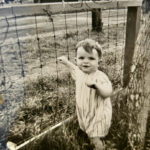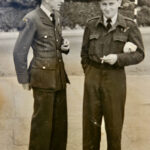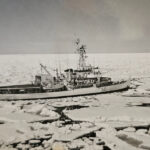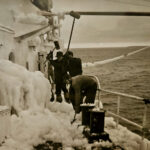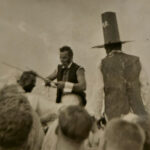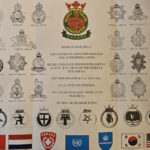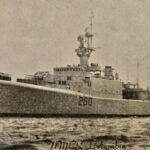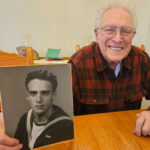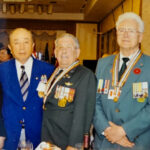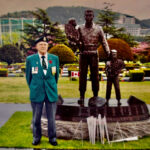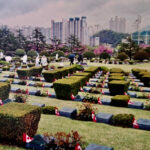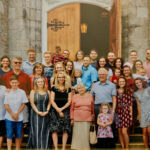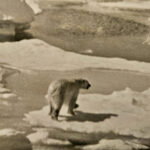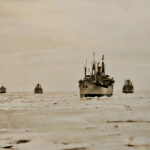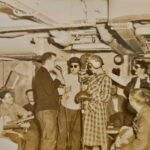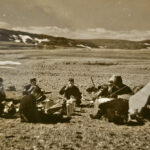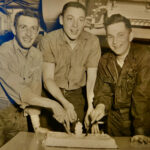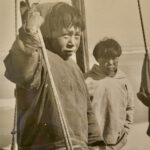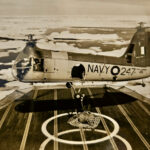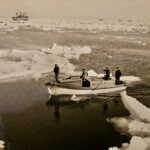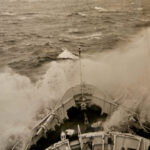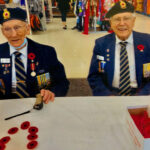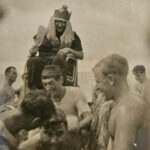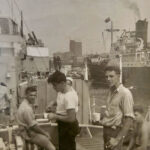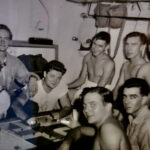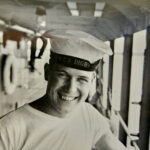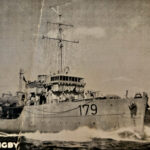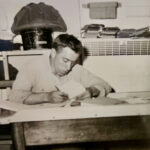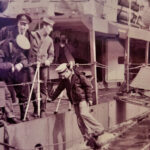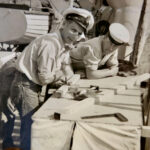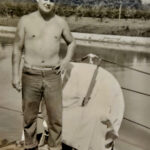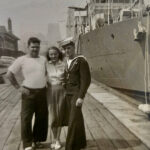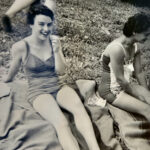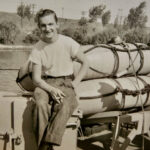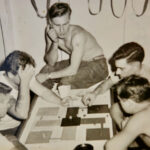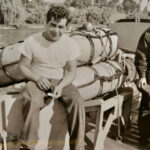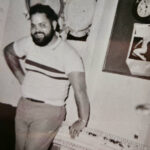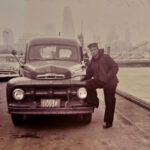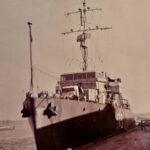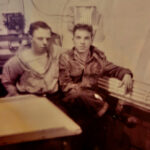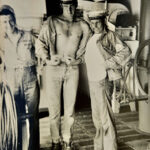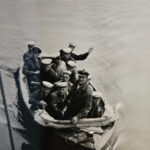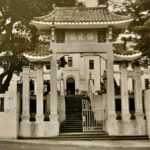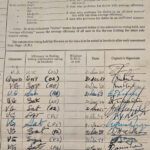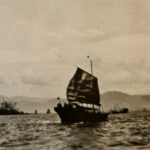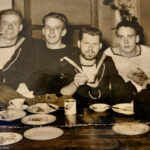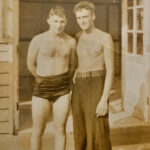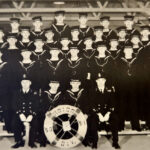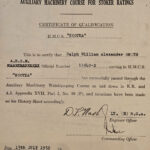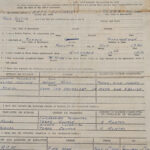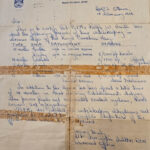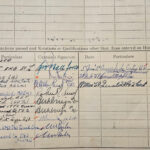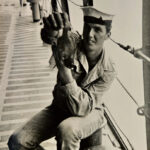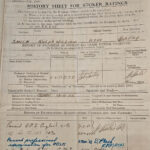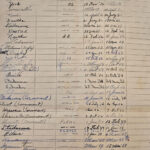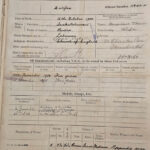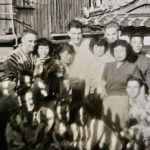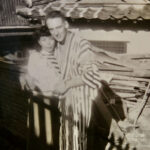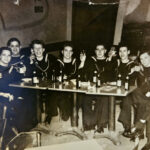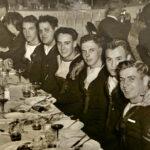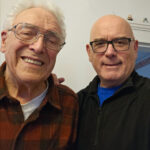Ralph Smith was born October 12, 1930 in Perdue, Saskatchewan. His father had emigrated from Shropshire, England in 1910, and he farmed that quarter section of land he had purchased in Saskatchewan; Ralph’s mother was from Brampton, Ontario, and she had moved out west originally as Ralph’s father’s housekeeper. Ralph grew up there as one of six children, and the family endured the hard times of the Great Depression and the Dust Bowl. Ralph’s father was seriously injured in a farming accident in 1938, and the family sold everything and moved to Saskatoon. They lived there through the war years: two of Ralph’s uncles served during that time, and his older brother joined the Merchant Navy. At home, Ralph remembers the rationing – and the dreaded arrival of the telegram boy on the street. Ralph continued going to school, though he left after Grade 9. At this time Ralph and a friend relocated to Ontario, where they hoped to find work on the ships, which they eventually did after working a series of other jobs. The work on the Great Lakes lasted until the seafarers’ union went on strike, and Ralph and his friend decided to head for Toronto. They worked various jobs, and then one day Ralph’s friend said he planned the air force – and then he was gone. Ralph decided to join the navy, and he reported to HMCS York, followed by Cornwallis, Stadacona and Naden, where he underwent training. The Korean War had started by this time, and when the HMCS Nootka showed up Ralph was assigned to it and deployed to Korea in short order. His shipboard duties took place in the boiler room, where he kept the fires stoked. In its time in Korea, the Nootka engaged in coastal patrols, doing what they could to monitor the supply lines from north to south. They also spent time in Japan, where Ralph had a chance to see and experience a bit of the country. After a year they headed back to Canada via the Indian Ocean and the Suez Canal. Ralph decided to stay in the navy, and he spent time in Canada’s far north on an icebreaker, as well as on the HMCS Digby in Toronto. He also married during this time, and he and his wife went on to raise five children. His career in the navy was winding down at this time, and Ralph took his qualifying exams to become an engineer in the civilian world, going on to find work and spend his postwar years in the Toronto area. Ralph Smith was interviewed by Scott Masters at his home in Peterborough in January 2025.
Videos
Click next video below to keep watching
